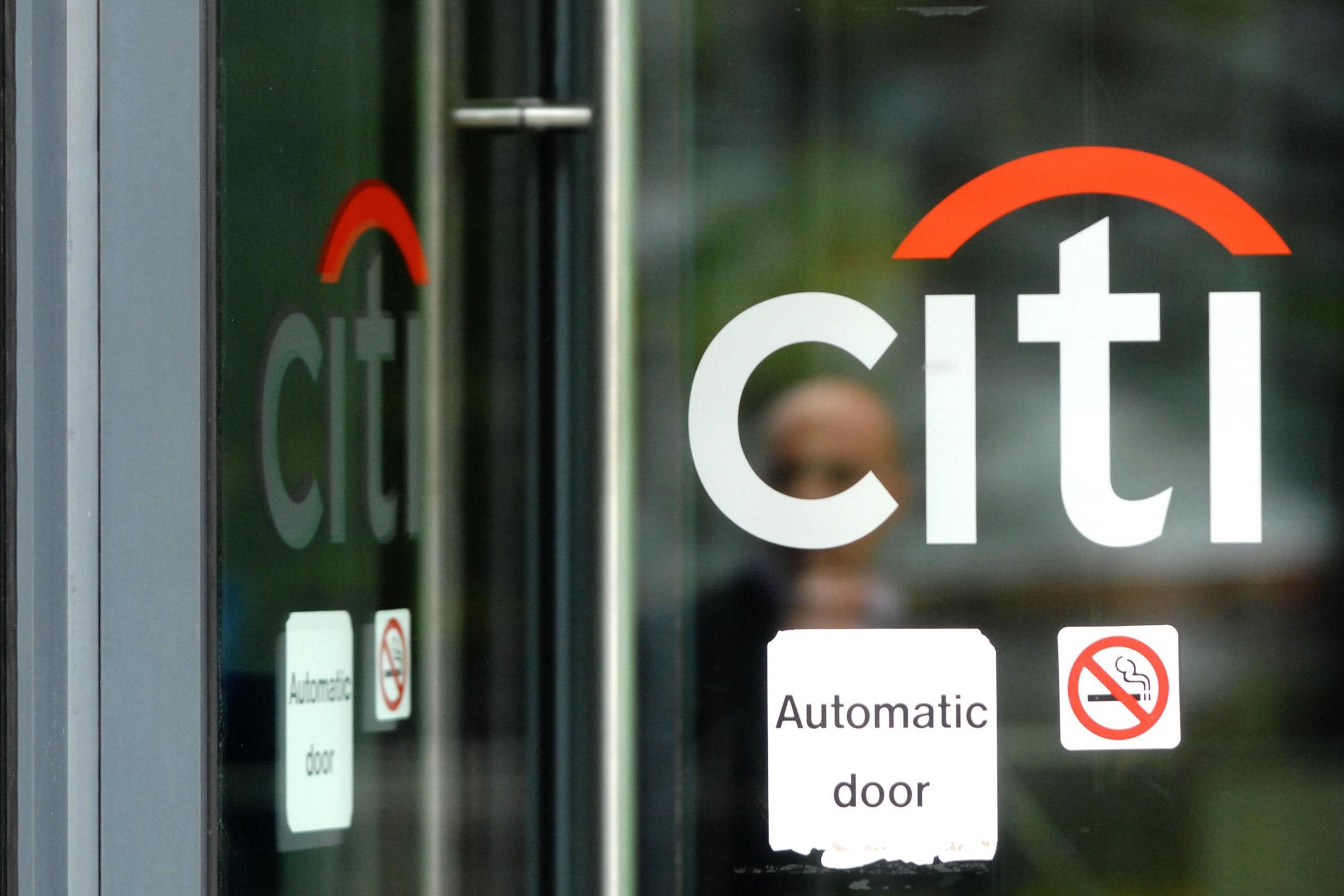Regulators fine Citigroup after £1.1bn of equities sold in ‘fat-finger’ error
Watchdog said ‘poor design’ and ‘ineffective’ monitoring led to billion-dollar trading error at investment bank.

Your support helps us to tell the story
From reproductive rights to climate change to Big Tech, The Independent is on the ground when the story is developing. Whether it's investigating the financials of Elon Musk's pro-Trump PAC or producing our latest documentary, 'The A Word', which shines a light on the American women fighting for reproductive rights, we know how important it is to parse out the facts from the messaging.
At such a critical moment in US history, we need reporters on the ground. Your donation allows us to keep sending journalists to speak to both sides of the story.
The Independent is trusted by Americans across the entire political spectrum. And unlike many other quality news outlets, we choose not to lock Americans out of our reporting and analysis with paywalls. We believe quality journalism should be available to everyone, paid for by those who can afford it.
Your support makes all the difference.Regulators have fined Citigroup £61.6 million for a trading controls failure that led to 1.4 billion dollars (£1.1 billion) of equities being sold mistakenly.
The Financial Conduct Authority (FCA) said “poor design” and “ineffective” real-time monitoring led to the incorrect sale of the shares across several European exchanges.
The incident happened in May 2022, when a trader at the investment bank’s London office intended to sell a basket of shares with a value of 58 million dollars (£45.5 million).
Instead, they created a basket valued at 444 billion dollars (£349 billion) in a so-called fat-finger trade – when human error leads to the wrong information being entered.
The trader was then able to manually override a pop-up alert on their screen without scrolling down to read the warnings within it.
The mistake was corrected within minutes, but it also coincided with a sharp drop in the value of some Nordic stocks, worsening the damage.
Citi’s internal controls blocked 255 billion dollars (£200 billion) of the trade from going through, but 189 billion dollars (£149 billion) in shares went to a trading algorithm designed to execute the sales.
The trader tried to cancel the order, but 1.4 billion dollars (£1.1 billion) in shares had already been sold.
The FCA fined Citi £27.8 million, while the Prudential Regulation Authority, which regulates banks, fined it a further £33.9 million.
The FCA’s notice said: “While parts of [Citi’s] trading control framework operated as [Citi] expected, some primary controls were absent or deficient.
“In particular, there was no hard block that would have rejected this large erroneous basket of equities in its entirety and prevented any of it reaching the market.
“Due to poor design, the trader was also able to manually override a pop-up alert, without being required to scroll down and read all the alerts within it.
“The firm’s real-time monitoring was ineffective, which meant that it was too slow to escalate internal alerts about the erroneous trades.”
Citi has agreed to settle with the regulators and did not dispute the findings.
Steve Smart, joint executive director of enforcement and market oversight at the FCA, said banks need “effective systems and controls in place to stop errors like this occurring”.
He added: “These failings led to over a billion pounds of erroneous orders being executed and risked creating a disorderly market.
“We expect firms to look at their own controls and ensure that they are appropriate given the speed and complexity of financial markets.”
A spokesperson for Citi said: “We are pleased to resolve this matter from more than two years ago, which arose from an individual error that was identified and corrected within minutes.
“We immediately took steps to strengthen our systems and controls, and remain committed to ensuring full regulatory compliance.”